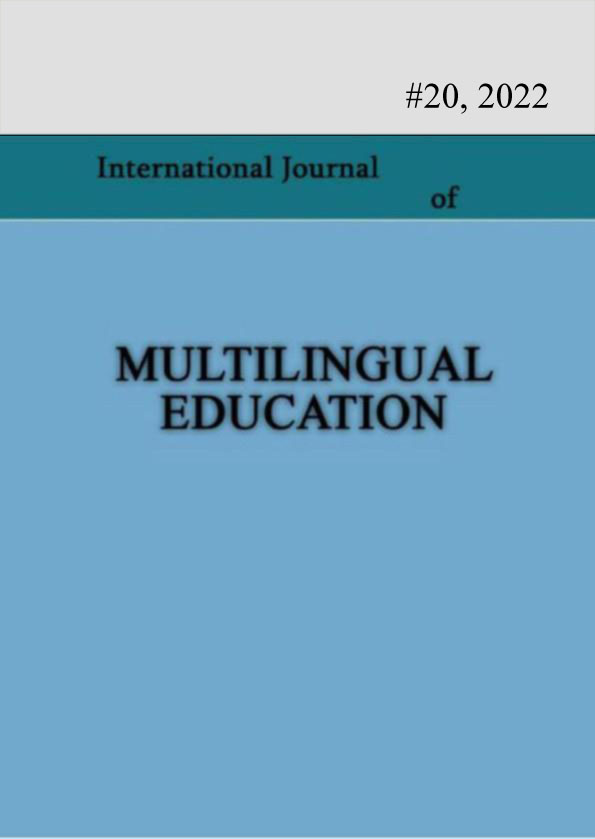New Approach towards the EU Studies in Georgia
Keywords:
European integration, Curriculum, Teaching MethodsAbstract
The issue of the EU Studies development in Georgia is highly actual and important considering the fact that during the last 30 years’ path of European integration, the people of Georgia have not lost their faith and hope honorably to find a place in the EU family. The start of the association process in 2014 based on the AA/DCFTA (within the association trio) and the emergence of a European Perspective for Georgia in 2022, required a qualitatively new understanding of the content and methods of EU studies. The article presents one of the innovative attempts and approaches toward EU studies at the Gori State University, which was developed within the framework of the Jean Monnet Module "European Union Explored in Association Agreement". Sharing and disseminating the experience of a new style of EU studies could be useful for EaP countries and others oriented on European development.
References
Association Agreement between the European Union and the European Atomic Energy Community and their Member States, of the one part, and Georgia, of the other part, 27.06.2014.
Communication from the Commission European Neighbourhood Policy Strategy Paper, 12.05.2004. Constitution of Georgia, 1995.
Jean Monnet Activities 2020 – results, <https://erasmusplus.org.ge/en/news/jm-results-2020> Joint Declaration of the Prague Eastern Partnership Summit Prague, 7.05.2009.
Joint Declaration on a Mobility Partnership between the European Union and Georgia, 30.11.2009. Partnership and Cooperation Agreement between the European Communities and their Member States, of the one part, and Georgia, of the other part, 22.04.1996. Official Internet Sources:
Jean Monnet Module EUEAA web-page, https://www.gu.edu.ge/en/international-relations1/jean- monnet-module https://www.eeas.europa.eu/node/23697_en https://ec.europa.eu/commission/presscorner/detail/en/qanda_22_3800
Published
How to Cite
Issue
Section
License
Copyright (c) 2022 Ekaterine Kardava

This work is licensed under a Creative Commons Attribution-NonCommercial 4.0 International License.
Copyright (c) - Authors who publish with this journal agree to the following terms: Authors retain copyright and grant the journal the right of first publication with the work simultaneously licensed under a Creative Commons Attribution-Noncommercial 4.0 International License, which allows others to share the work with an acknowledgement of the work's authorship and initial publication in this journal. Authors are permitted and encouraged to post their work online (e.g., in institutional repositories or on their personal website) prior to and during the submission process, as it can lead to productive exchanges, as well as earlier and greater citation of published work (see The Effect of Open Access). Authors may enter into separate, additional contractual arrangements for the non-exclusive distribution of the journal's published version of the work (e.g., post it to a repository or publish it in a book), with an acknowledgement of its initial publication in this journal.

